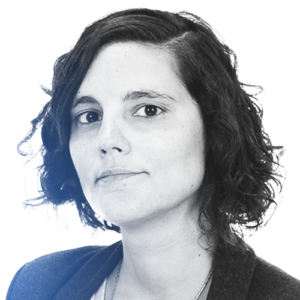Hydrometeorological hazards, including floods, droughts, landslides and storm surges, threaten lives
and impact livelihoods. The incidence and severity of extreme weather is projected to increase due
to climate change1 . Besides, in Southeast Asia, population growth, land-use change and urbanization
are increasing the number of people at risk from these hazards. A better understanding of the likely
impacts and potential responses is needed to enable appropriate adaptation and mitigation
measures and ultimately increase resilience. This session aims at presenting the main outcomes of
several research projects jointly funded by the UK and countries in Southeast Asia through the
Newton fund scheme2 . These projects bring together researchers from the UK and Southeast Asian
countries (Thailand, Vietnam, Indonesia, Philippines, Malaysia) to work together on increasing our
understanding on hydrometeorological hazards (e.g., droughts, floods, landslides) and their
associated impacts on food and water security, economies and livelihoods, and health. The session is
co-convened by two of these projects (STAR and ENRICH), focusing on drought risks and impacts in
Thailand. The rest of the 16 projects funded by this program3 (and others funded by a different
program but with the same focus) will be invited to contribute to the session. This session will be a
unique opportunity to share experiences from these ongoing projects, identify commonalities and to
discuss future steps for increasing resilience of Southeast Asia to hydrometeorological disasters.
The session will have 5 oral presentations in total: one from the STAR project (Jamie
Hannaford/Supattra Visessri), one from the ENRICH project (Slobodan Djordjevic/TBC) and 3 from
ongoing research projects on this topic. In addition, we will have five 1-minute presentations from
the best posters linked to this session.
